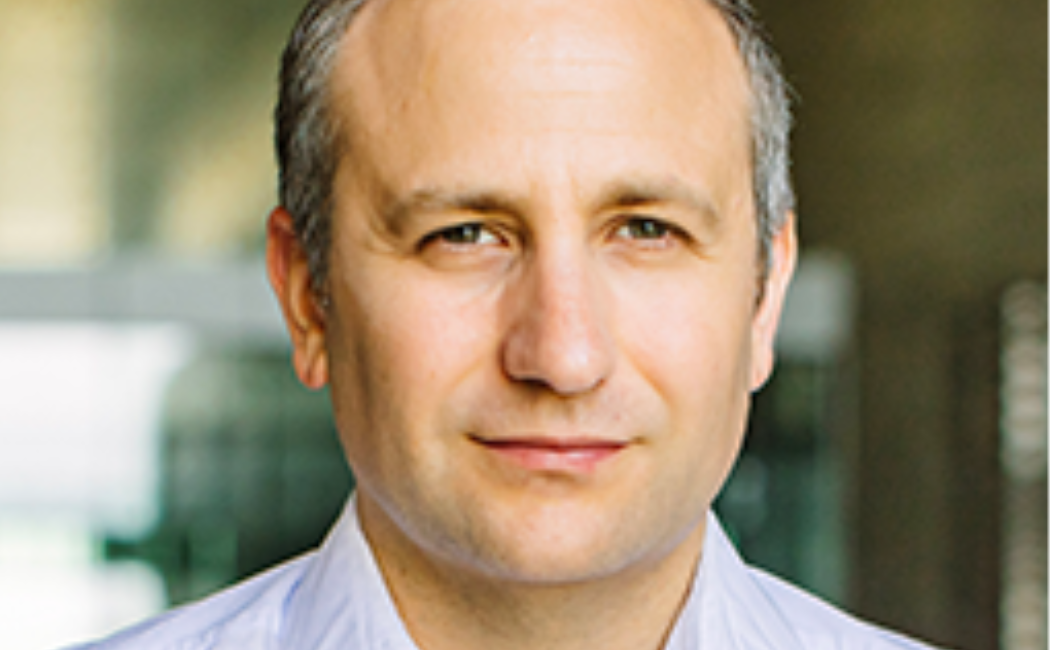
The last decades have witnessed the introduction of analytical techniques to investigate catalytic materials. With these tools, scientists have gained deeper understanding of catalyst synthesis and functioning. This knowledge has motivated a more rational design of catalysts, where these can be synthesized with suitable active sites and an appropriate network of pores that facilitates the transport of reactants and products. Although many advances in the elucidation of catalyst synthesis and functioning were reached by using ex-situ analytical tools, these processes are very dynamic and full understanding also requires the use of a tool or combination of tools under real conditions. Our group approach is to rationally design catalysts based on fundamental understanding acquired from advanced characterization tools.
Javier Ruiz-Martínez hold a PhD cum laude from the University of Alicante. Then he moved to Utrecht University first as Postdoctoral fellow (2009 to 2012) and then as an Assistant Professor in In-Situ Spectroscopy (2013-2015). After this period,
Javier moved from academia to industry and joined the Process Technology Department in AkzoNobel as Heterogeneous Catalysis Specialist. In 2019 he moved back to academia as a faculty member of the KAUST Catalysis Center.
During his academic career, Javier authored 60 manuscripts in journals such as Nature Chemistry, Nature Communications, Angewandte Chemie International Edition and Chemical Reviews. He is recipient of the prestigious VENI award (2012, Dutch Research
Council) and Young scientist Price award (2012, International Association of Catalysis Societies). In KAUST, Javier’s group aims to understand the structural properties of catalysts during synthesis and when are working under real conditions,
establishing relationships between material structure and catalytic performance/deactivation. The applied methodology is the development of novel spectroscopic tools and their application in industrially-relevant and model catalysts with well-defined
porosity and reactive centers.
Venue
KAUST, Bldg. 9, Level 2, Lecture Hall 2